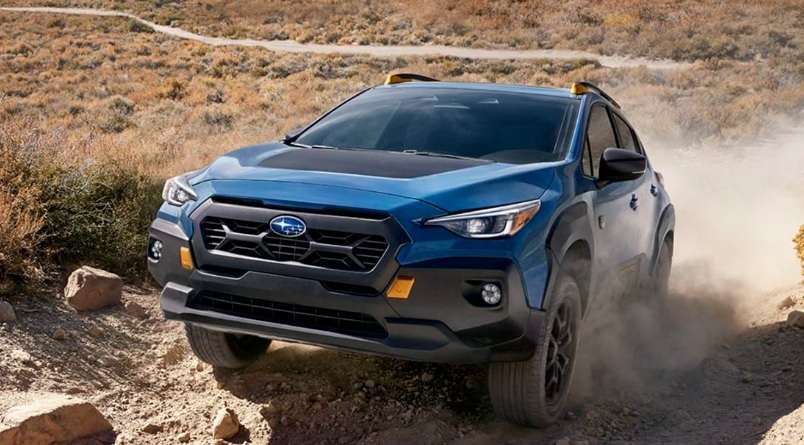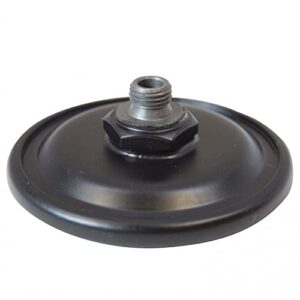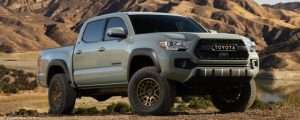People may think Subaru is made in Australia due to the brand’s strong market presence and popularity there. Marketing campaigns might have inadvertently reinforced this perception.
Subaru, a brand synonymous with rugged durability, has a loyal following globally. Its cars are known for their symmetrical all-wheel drive and boxer engines, cultivating an image of reliability and performance.
Interestingly, Subaru vehicles are manufactured by Subaru Corporation, a Japanese firm with production facilities mainly in Japan and the United States.
Table of Contents
The confusion surrounding Subaru’s origins could also stem from the brand’s strategic sponsorship deals and presence in Australian automotive culture.
These partnerships have interwoven Subaru into the local fabric, suggesting a stronger association with Australia than exists.
As a result, people may overlook the brand’s actual heritage in favor of the perceived local connection.
Given the nature of global branding and consumer perception, it’s understandable why some might link Subaru to the Australian continent.
The Subaru Brand And Its Global Presence
Subaru is often mistakenly thought to hail from Australia due to the brand’s strong presence and cultural alignment with the adventurous Aussie lifestyle.
In reality, Subaru’s parent company, Subaru Corporation, formerly known as Fuji Heavy Industries, has its roots firmly planted in Japan.
The perception that Subaru is Australian-made is a testament to its rugged and reliable vehicles that seamlessly fit into the Australian way of life, with models such as the Outback and Forester becoming synonymous with the outdoor-oriented culture.

The mythologizing of Subaru as an Australian brand underscores the influence of automobile marketing and the forming of brand identities that resonate with local consumers.
Subaru’s dedication to all-wheel drive systems and boxer engines has reinforced its image of durable and adaptable vehicles that can handle the vast and varied Australian terrain.
This strong association with the Australian identity crucially impacts consumer perception, despite the actuality of it being manufactured in Japan.
Subaru’s Origin And Manufacturing Locations
Subaru’s origins are deeply rooted in Japan, with the first manufacturing base established in the country.
The company’s history begins with the establishment of Fuji Heavy Industries, Subaru’s parent company, through a merger of five Japanese companies in 1953.
The first Subaru car was produced in 1954, named the Subaru 360, and it rapidly became a symbol of postwar Japan’s recovery.
This connection to Japan is frequently misunderstood, leading some to believe that Subaru originated elsewhere, such as Australia.
Expanding Manufacturing Locations: Insights And Statistics
| Country | Facility | Annual Production Capacity |
|---|---|---|
| Japan | Main Plant in Gunma | Approx. 500,000 units |
| United States | Subaru of Indiana Automotive, Inc. | Approx. 370,000 units |
Subaru’s manufacturing has expanded beyond its Japanese borders to meet growing international demand.
Notably, the United States has become a critical manufacturing hub for Subaru with a significant production plant located in Indiana.
This facility is known for manufacturing popular models such as the Subaru Legacy and the Outback, further enhancing Subaru’s global footprint and countering the common misconception of its Australian origins
Clarifying the Misunderstanding
Subaru, often perceived as an Australian automaker, has its production origins in Japan. This mix-up seems to stem from the popularity of Subaru vehicles in Australia, matched with the brand’s reputation for durable, all-terrain capabilities that suit the Australian landscape.
Those characteristics resonate with the rugged outdoor image that many associate with Australia, lending to the confusion.
Furthermore, with Subaru’s involvement in the World Rally Championships—often taking place in Australia—their visibility equates to a false local manufacturing assumption.
The truth lies in Subaru’s parent company, Fuji Heavy Industries, which established Subaru in 1953 and is based in Tokyo. The efficient engineering and craftsmanship behind Subaru cars are a testament to the Japanese automotive industry’s legacy of quality and innovation, rather than an Australian heritage.
By highlighting facts and production history, such misconceptions can be effectively addressed.
Frequently Asked Questions For Why Do People Think Subaru Is Made In Australia?
Is Subaru An Australian Company?
No, Subaru is not an Australian company. It is a Japanese automotive manufacturer founded in 1953. Its headquarters are in Tokyo, Japan. Despite its popularity in Australia, it remains a Japanese brand.
Why Might People Think Subaru Is Australian-made?
People may think Subaru is Australian-made due to its strong market presence and the rugged, outdoor image that aligns with the Australian lifestyle. Subaru’s car models are also named after Australian locations, furthering this misconception.
What Country Manufactures Subaru Vehicles?
Subaru vehicles are manufactured primarily in Japan. Subaru also has a plant in the United States, in Lafayette, Indiana, where some models are produced for the North American market.
Does Subaru Have A Factory In Australia?
Subaru does not have a manufacturing plant in Australia. Instead, Subaru imports its vehicles to Australia, where they have gained significant popularity for their all-wheel-drive capabilities and reliability.
Conclusion
Dispelling the myth, Subaru’s roots are firmly planted in Japan, not Australia. The confusion often arises from Subaru’s robust presence and popularity down under.
With a clear picture painted, it’s evident that while Subaru thrives in Australian terrains, its origin is distinctly Japanese.
Embrace the adventure with Subaru, a car as global as its drivers.



